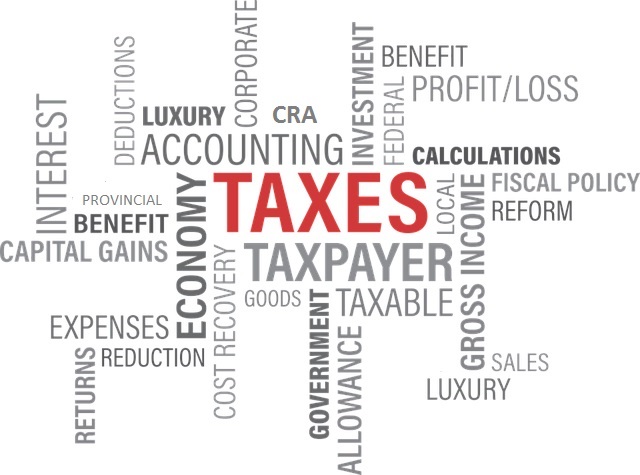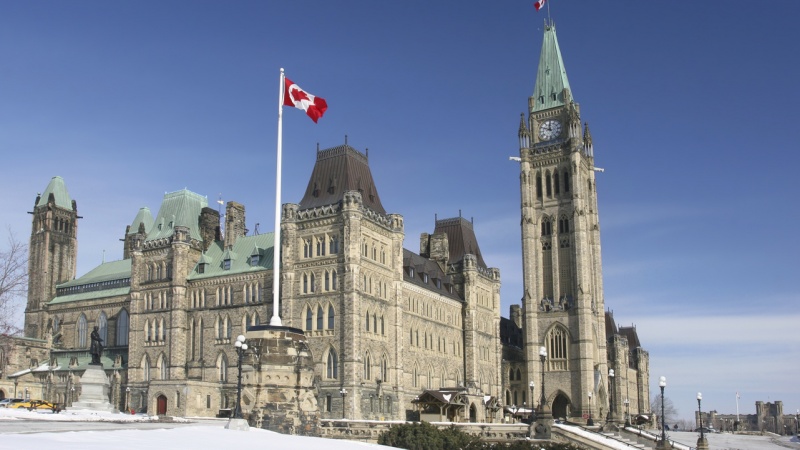Recent changes to the Voluntary Disclosure Program are part of a federal trend in clamping down on tax evasion and aggressive tax avoidance. This can be seen in cases involving the use of tax havens by private corporations. We have already seen the Federal Liberal government has been scaling back the financial benefits of owning private corporations, but there is also growing pressure on Ottawa to maximize the revenue from wealthy individuals and corporations.
2018 will be the year that all the hens came home to roost. In B.C. we will realize higher personal tax rates and a higher general corporate tax rate. The new income splitting rules are in full effect as of January 1, 2018 and the possibility for either a hike in the capital gains inclusion rate or passive income rules looms with the next Federal budget. U.S. tax reform will make B.C. and Canada as a whole, not as attractive for multinational businesses.
Headaches with new mortgage rules, tightening of lending and hiking of interest rates along with additional surtaxes for rental schemes will damper the local real estate market. To top it all off, on December 15th, 2017 the Canada Revenue Agency (CRA) announced it will no longer allow Canadians to benefit from financial relief when they disclose unreported income under the new Voluntary Disclosure Program (VDP).
Effective as of March 1, 2018, the CRA will restrict the incentives offered to late-filing taxpayers under the Voluntary Disclosures Program.
It is debatable however if in the long run any of these measures will actually hurt or help the economy as tougher tax legislation and administration usually leads to more black-market transactions, non-compliance, or in the corporate world packing up and leaving.
As a brief recap, the VDP is a program administered by the CRA and it allows for a one-time use to file and report tax returns (corporate, personal, trust, partnership, etc. …) in disclosing taxable income years or additional income not previously reported. The program would allow for you to make an anonymous disclosure through your tax accountant or lawyer and if approved (historically an 80% approval rate) would in most cases allow for a convenient payment plan with all compound interest and penalties waived.
Under the new VDP, taxpayers involved in complex schemes, will be offered immunity from criminal prosecution from the CRA and will also have waived any “gross negligence” penalties to successful applicants. However, to qualify under the newly configured program, individuals and companies will have to pay all owed taxes, full interest and late-filing penalties, plus disclose the third-party advisers with whom they had been preparing their taxes.
The most significant change will be to tax lawyers who will no longer be able to apply on behalf of anonymous clients whose identity is only revealed after a deal is approved by the CRA.
CRA’s arguments on implementing the new VDP stems from the departments growing power in being able to access and retain data from financial transfers over $10,000, from local and worldwide banking institutions and a well-functioning paid-informant program. CRA argues that the old VDP has been increasingly used by wealthy individuals and corporations as a way to avoid the consequences of their aggressive tax planning. However, the concern here is that smaller corporations and not-as-wealthy individuals will also get lumped in under certain new provisions with the consequences of disclosing now more onerous and costly.
The practical implications going forward are quite straightforward.
The VDP will be split into the General Program and the Limited Program. The General Program will function very similar to the old VDP with a few changes where the interest reduction will only be halved instead of reduced by 4% under the current VDP program. For us practitioners, we will obviously prefer that our clients’ disclosures be considered under the general rather than the limited program, as the limited program is quite strict and will offer limited relief.
Making sure that you are dealing with a competent tax accountant or lawyer will also be paramount as if CRA finds there is any misrepresentation due to neglect, carelessness, wilful default, or fraud, a reassessment can be issued at any time for any tax year to which the misrepresentation relates, not just those years included in the VDP application.
The CRA also further states that any relief that may have been granted under the VDP will be cancelled as a result of the misrepresentation.
Given the substantial changes to the VDP that will be implemented as of March 1, 2018, it will be imperative that those applicants considering disclosing prior taxation years to the CRA do so now in order to be grandfathered. Moving forward, individuals, corporations and accountants who are not in-depth tax specialists should seek the advice of specialists before wading into disclosures.
Thoroughness and careful advocacy will be more important than ever once the new VDP guidance is implemented.









